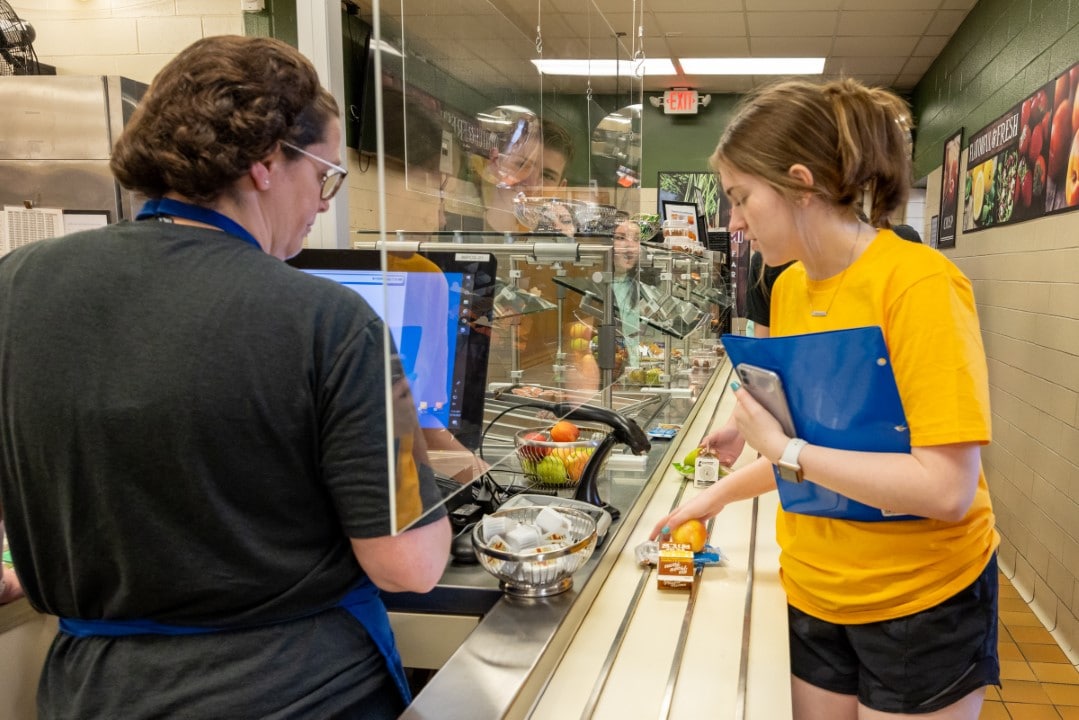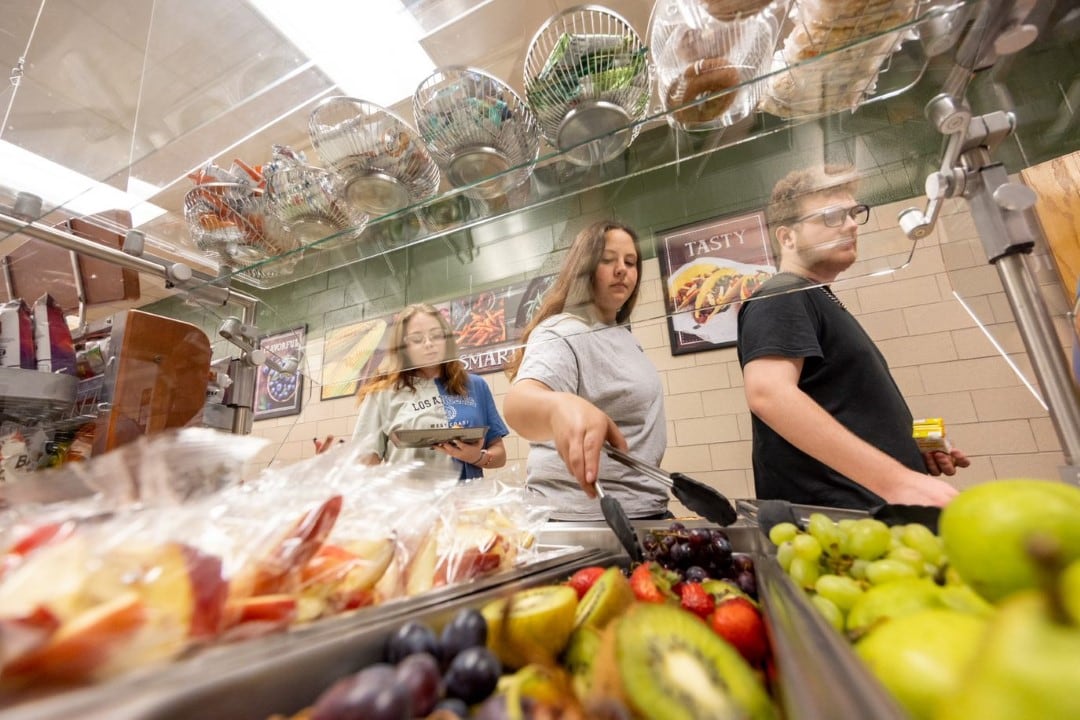Step behind the serving line to catch a glimpse of modern-day school meals, and learn about the people who help ensure that America’s students are well-fed and poised for academic success.
From nutrition requirements and statistics to school nutrition success stories and national campaigns, this is everything you need to know about our nation’s school meal programs.

Key Facts
The People Behind School Meals

School Nutrition Success Stories
Learn how school nutrition professionals and meal programs have made a difference in the lives of America’s students.

School Nutrition Professionals
From chefs to nutritionists and industry partners to state agencies, learn more about the people who collaborate to ensure school meal programs thrive.
Annual Observances
National School Lunch Week
School lunches are worth celebrating! Learn more about National School Lunch Week (NSLW), commemorated annually in October.
National School Breakfast Week
National School Breakfast Week (NSBW), celebrated annually in March, honors the importance of a nutritious morning meal in fueling students for success.
School Lunch Hero Day
Recognize the impact of school nutrition professionals on School Lunch Hero Day (SLHD), occurring annually on the first Friday of May.
School Nutrition Magazine
Don’t Let Stress Compromise Your Health or Happiness
The start of the new year is an ideal occasion to identify goals for the months ahead, which is why we’re taking a deep dive into ways to prevent, manage and relieve stress, which can have a significant impact on our physical, mental and emotional health.
You Can Design on a Dime
Savvy strategies for refreshing your school cafeteria without breaking the budget, with a step-by-step guide to starting a cafeteria renovation, as well as ideas on how to upgrade your space depending on your budget.




